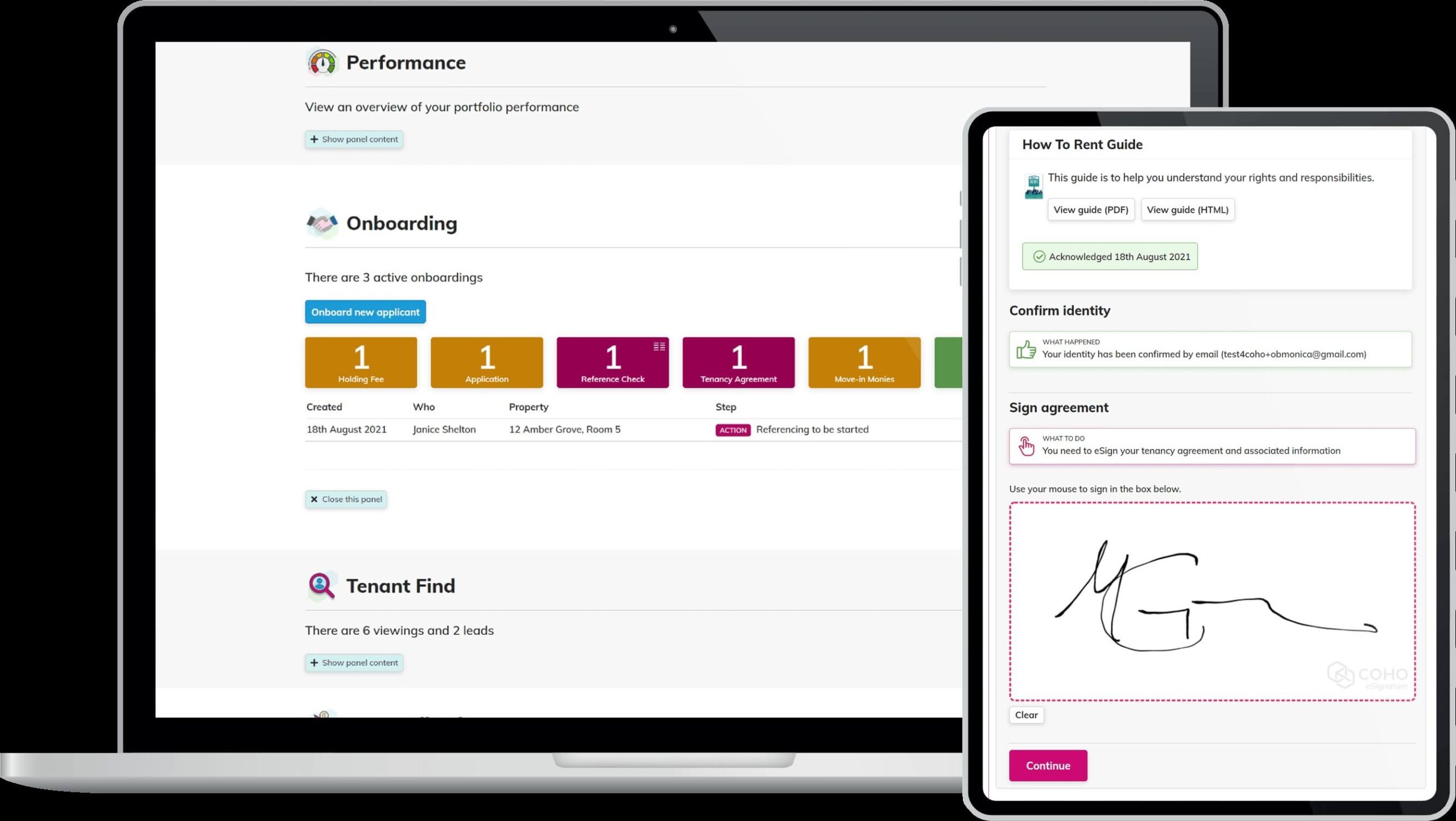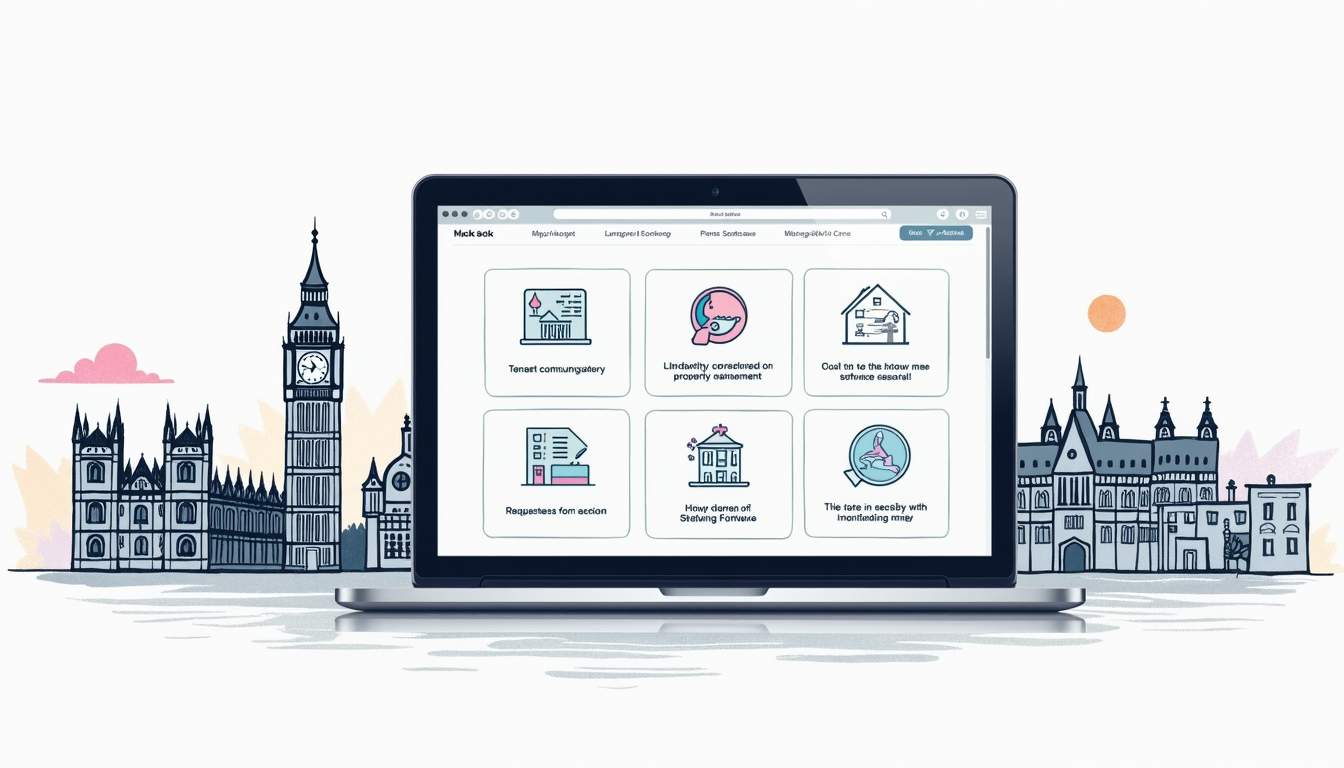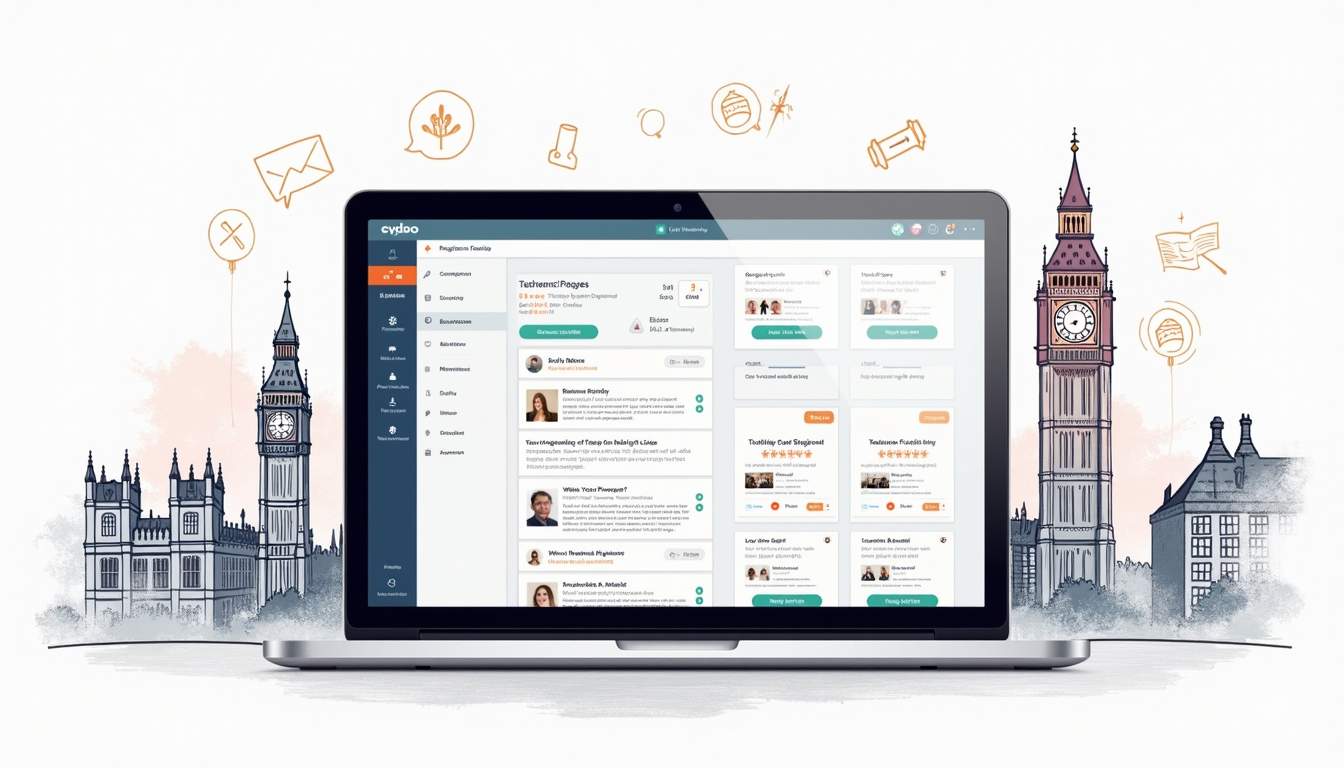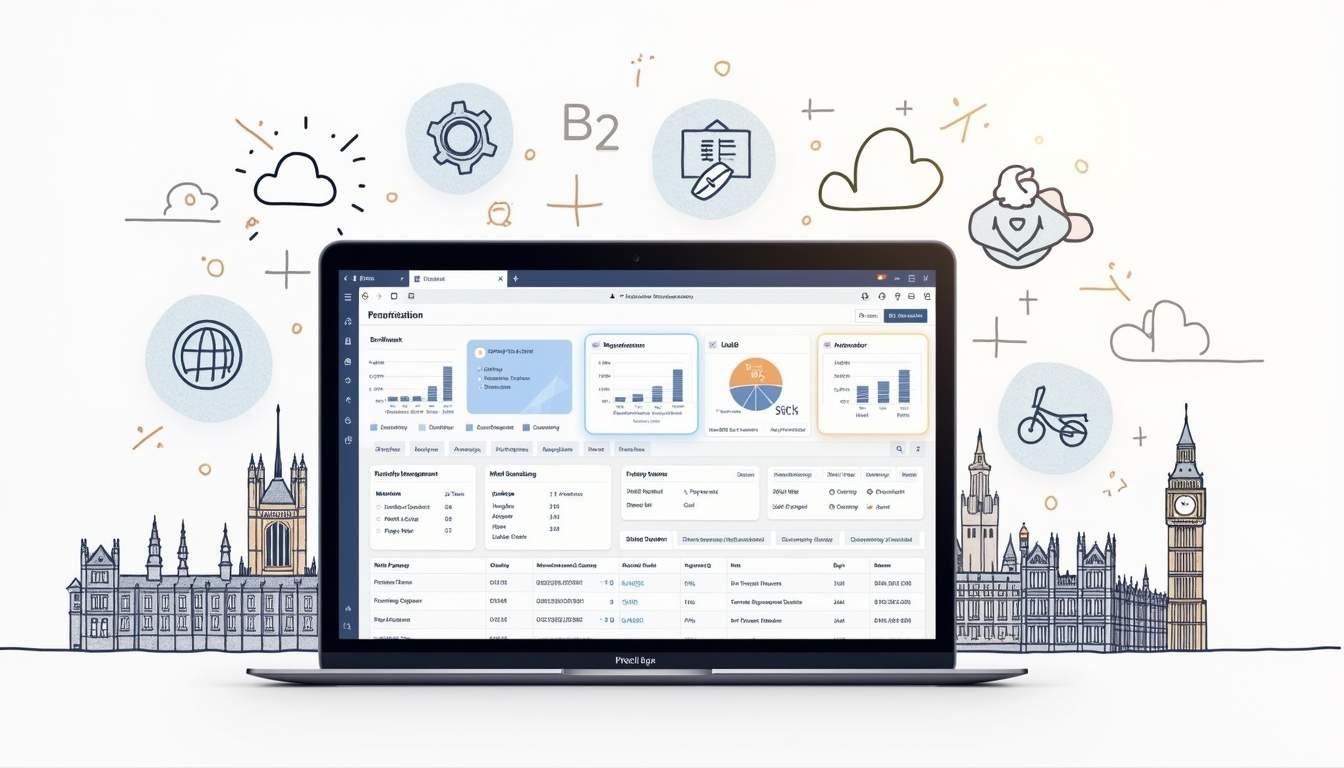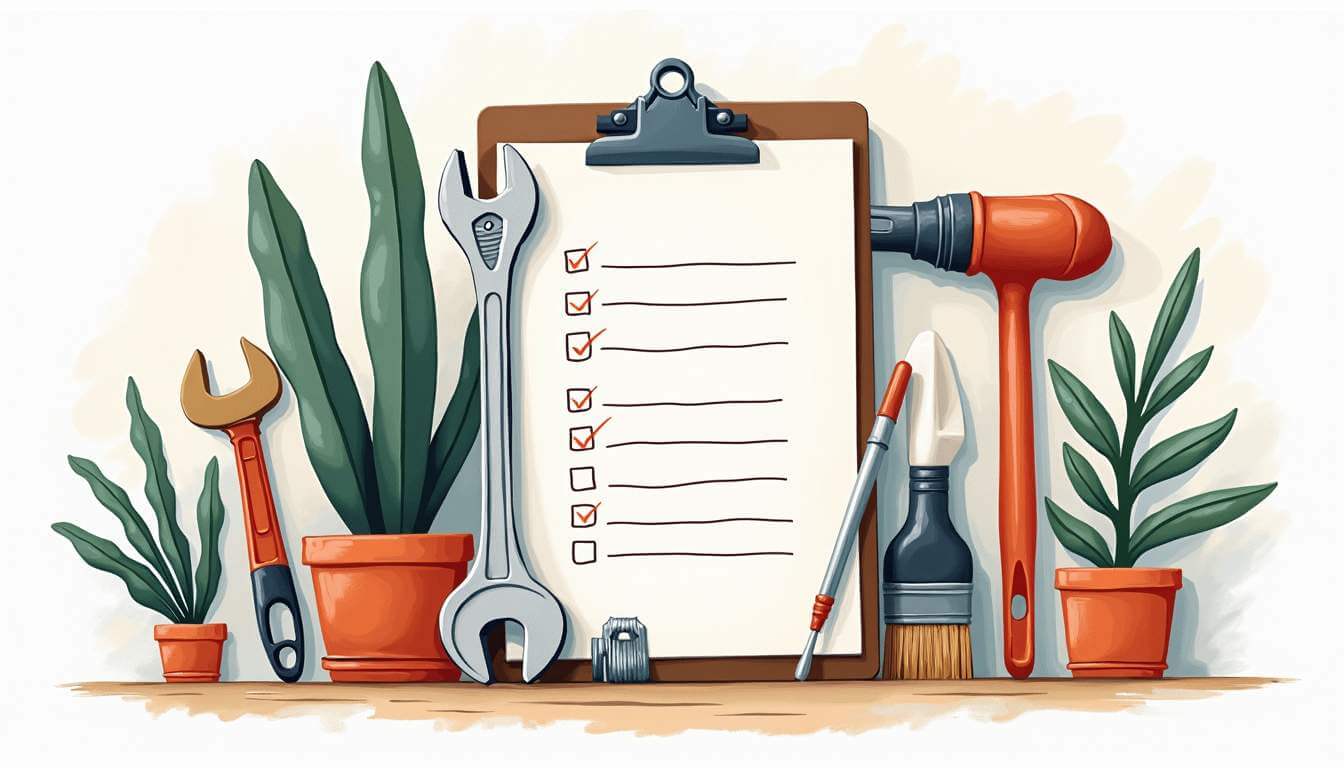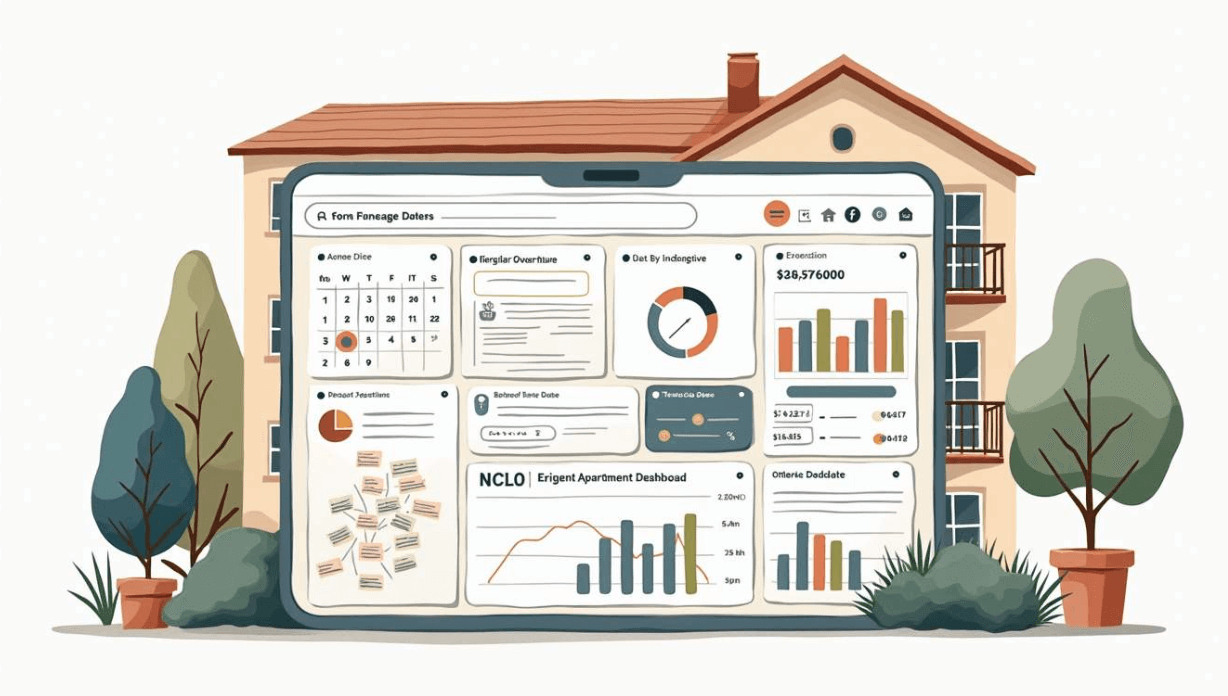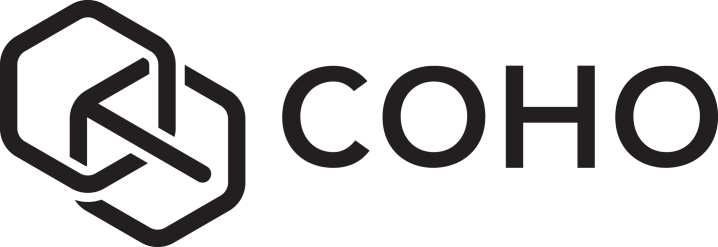Finding the right software for landlords can be a daunting task, especially in the diverse rental market of the UK. With so many options available, it’s essential to identify the specific needs and challenges faced by landlords. This article will explore what UK landlords require from property management software, delve into the top options available, and provide insights into making the right choice for your property business.
Understanding the Needs of UK Landlords
Understanding the unique requirements of landlords in the UK is crucial when selecting the best software. Different landlords have different needs depending on their property portfolio, tenants, and management style. It’s important to break down these needs into several key areas.
Property Management Tasks Simplified
Landlords often juggle a myriad of property management tasks, from handling maintenance requests to scheduling viewings. Having software that simplifies these operations is vital. Look for features that streamline property listings, allow for easy calendar management, and facilitate quick tenant onboarding.
Automation is a game changer, too. Tasks like reminder emails for rent collection or maintenance follow-ups can be automated, saving landlords precious time and reducing the risk of human error.
In addition to these features, landlords may benefit from integrated communication tools that allow them to notify tenants about upcoming inspections or changes in property management. This not only keeps tenants informed but also helps landlords maintain a proactive approach to property management, ensuring that issues are addressed before they escalate.
Financial Management for Landlords
Financial management is a critical aspect of being a landlord. From tracking income and expenses to managing invoices, software needs to offer robust financial tools. Programs that integrate with accounting software or provide clear, detailed financial reports can significantly simplify this process.
Moreover, features like expense tracking, tax preparation assistance, and profit-loss analysis can provide landlords with a clearer picture of their financial health and help them make informed decisions.
Additionally, having access to real-time financial data can empower landlords to adjust their rental strategies based on market trends, such as setting competitive rental prices or identifying areas where they can cut costs. This level of insight is invaluable for maximizing profitability and ensuring long-term sustainability in the rental market.
Tenant Communication and Relationship Management
Strong communication with tenants can foster better relationships and lead to longer tenancies. Good landlord software often includes tenant portals where renters can submit maintenance requests, pay rent, or ask questions.
Additionally, features like automated messaging and reminders about important lease dates or rental due dates can enhance tenant satisfaction and minimize conflicts.
Furthermore, the ability to gather tenant feedback through surveys or communication logs can provide landlords with insights into tenant satisfaction and areas for improvement. By actively engaging with tenants and addressing their concerns, landlords can create a more positive living environment, which not only encourages tenant retention but also enhances the overall reputation of their rental properties.
Exploring the Top Software Options for Landlords
With a solid understanding of what landlords need, let’s explore some of the standout software options that cater specifically to these requirements. Different software programs come with varied features, so it’s essential to find one that aligns with particular business goals.
Features to Look for in Landlord Software
When evaluating different software options, certain features should be non-negotiable. Look for:
- User-friendly interface: The software should be easy to navigate.
- Mobile accessibility: Accessing the software on the go is crucial for busy landlords.
- Customizable reporting: Being able to generate bespoke reports can be a major advantage.
- Integrated payment systems: Streamlined rent collection processes will ease financial management.
Comparing Pricing and Packages
Cost is an essential factor. Many software providers offer varying packages ranging from basic to comprehensive features. Sorting through these can help identify which options provide the best value for money.
Be sure to consider not just the upfront costs but also any hidden fees, transaction fees related to payment processing, and if the software charges additional fees for extra features. A transparent pricing model will keep unpleasant surprises at bay.
Furthermore, it’s advisable to take advantage of free trials or demo versions offered by many software companies. This hands-on experience can provide invaluable insights into how well the software meets your specific needs. During this trial period, pay close attention to customer support responsiveness, as having reliable assistance can be a game-changer when issues arise.
Additionally, consider the scalability of the software. As a landlord, your portfolio may grow over time, and the software should be able to accommodate an increasing number of properties and tenants without compromising performance. Look for options that offer tiered pricing structures, allowing you to upgrade your plan as your business expands, ensuring that you always have the tools necessary to manage your properties effectively.
Reviews of Popular Landlord Software in the UK
As you narrow down your options, it’s beneficial to read reviews and user feedback. Here’s an overview of what to consider.
User Experience and Interface
User experience plays a vital role in how effective software can be for landlords. Programs with intuitive interfaces will reduce the learning curve and get landlords up and running quickly. Online forums and review sites can provide insights into how users feel about a particular software’s ease of use.
Consider trying out free demos or trial versions to truly get a feel for the software before making a commitment. It’s a great way to gauge usability without financial risk. Additionally, pay attention to the software’s mobile compatibility, as many landlords are increasingly managing their properties on-the-go. A mobile-friendly interface can enhance flexibility, allowing landlords to access vital information and manage tenant communications from anywhere.
Customer Support and Assistance
Reliable customer support can be a lifesaver, especially if issues arise or if you have questions about using the software. Look for providers that offer multiple avenues for support, like live chat, email, and phone service.
Check reviews to see how responsive and helpful the customer support teams are. A responsive, knowledgeable team can make a significant difference in a landlord’s experience. Furthermore, consider whether the software provider offers comprehensive resources such as FAQs, video tutorials, and user forums. These resources can empower landlords to troubleshoot minor issues independently and maximize their use of the software, ultimately leading to a more efficient property management process.
The Role of Technology in Modern Property Management
The landscape of property management has changed drastically over the past few years, primarily due to technological advancements. Embracing these changes is essential for landlords looking to streamline their operations.
The Shift Towards Digital Solutions
More landlords are opting for digital solutions to manage their properties efficiently. The rise of SaaS (Software as a Service) has allowed landlords to access powerful tools without the need for costly infrastructure or extensive training.
Digital platforms enable landlords to handle everything from marketing their properties to managing tenant communications, all in one place. This centralized approach saves time and reduces complexity. Additionally, many of these platforms offer mobile applications, allowing landlords to manage their properties on-the-go, which is particularly advantageous for those who juggle multiple properties or have other commitments. This flexibility ensures that landlords can respond to tenant inquiries promptly, enhancing tenant satisfaction and retention.
Future Trends in Property Management Software
As technology continues to evolve, property management software will likely adapt and improve. Expect to see enhanced features such as AI-driven analytics for trend prediction, more sophisticated tenant screening processes, and increased automation in daily tasks.
Moreover, the integration of smart home technologies is becoming increasingly prevalent in property management. Landlords can now offer features such as smart locks, energy-efficient systems, and remote monitoring, which not only appeal to tech-savvy tenants but also contribute to reduced operational costs. These innovations can lead to improved security and energy management, creating a more sustainable living environment. Staying aware of these trends will help landlords not only keep pace with changing technologies but also leverage them for improved property management outcomes.
Making the Right Choice for Your Property Business
Selecting the right property management software is crucial for effective landlord operations. A well-chosen tool can lead to increased efficiency, happier tenants, and more successful property management overall.
Assessing Your Individual Needs
Before making a commitment, spend some time assessing your individual needs. Consider factors like the size of your property portfolio, your technological comfort level, and your budget for software solutions.
Taking the time to clarify these details will ensure that the software you choose serves you well in the long term.
The Importance of a Trial Period
Most reputable software providers offer a trial period. Use this time to explore the software’s features in-depth. Utilize this opportunity to test how well the software integrates into your existing processes.
A trial period allows you to identify any potential issues or limitations without making a long-term commitment, giving you peace of mind in your decision-making process.
Transitioning to a New System Successfully
Transitioning to a new property management system can be challenging. Establishing a clear migration plan will help ease the change, ensuring that all past data is accurately imported into the new system.
Train your team thoroughly on the new software, utilizing available customer support to answer questions. A smooth transition will minimize disruption in your operations and help you maximize the benefits of the new system.
In conclusion, finding the best software for landlords in the UK requires careful consideration of your specific needs, an understanding of available options, and a commitment to making a well-informed choice. Take the time to evaluate the features, costs, and user experiences available to you, and you’ll be well on your way to managing your properties effectively.
Discover the Ease of Property Management with COHO
Ready to take your property management to the next level? COHO offers a comprehensive solution tailored for landlords managing HMOs, single-lets, student HMOs, and more. Experience the convenience of having all your property management needs in one intuitive platform. Try COHO for Free today and transform the way you manage your rental portfolio.
Finding the right software for landlords can be a daunting task, especially in the diverse rental market of the UK. With so many options available, it’s essential to identify the specific needs and challenges faced by landlords. This article will explore what UK landlords require from property management software, delve into the top options available, and provide insights into making the right choice for your property business.
Understanding the Needs of UK Landlords
Understanding the unique requirements of landlords in the UK is crucial when selecting the best software. Different landlords have different needs depending on their property portfolio, tenants, and management style. It’s important to break down these needs into several key areas.
Property Management Tasks Simplified
Landlords often juggle a myriad of property management tasks, from handling maintenance requests to scheduling viewings. Having software that simplifies these operations is vital. Look for features that streamline property listings, allow for easy calendar management, and facilitate quick tenant onboarding.
Automation is a game changer, too. Tasks like reminder emails for rent collection or maintenance follow-ups can be automated, saving landlords precious time and reducing the risk of human error.
In addition to these features, landlords may benefit from integrated communication tools that allow them to notify tenants about upcoming inspections or changes in property management. This not only keeps tenants informed but also helps landlords maintain a proactive approach to property management, ensuring that issues are addressed before they escalate.
Financial Management for Landlords
Financial management is a critical aspect of being a landlord. From tracking income and expenses to managing invoices, software needs to offer robust financial tools. Programs that integrate with accounting software or provide clear, detailed financial reports can significantly simplify this process.
Moreover, features like expense tracking, tax preparation assistance, and profit-loss analysis can provide landlords with a clearer picture of their financial health and help them make informed decisions.
Additionally, having access to real-time financial data can empower landlords to adjust their rental strategies based on market trends, such as setting competitive rental prices or identifying areas where they can cut costs. This level of insight is invaluable for maximizing profitability and ensuring long-term sustainability in the rental market.
Tenant Communication and Relationship Management
Strong communication with tenants can foster better relationships and lead to longer tenancies. Good landlord software often includes tenant portals where renters can submit maintenance requests, pay rent, or ask questions.
Additionally, features like automated messaging and reminders about important lease dates or rental due dates can enhance tenant satisfaction and minimize conflicts.
Furthermore, the ability to gather tenant feedback through surveys or communication logs can provide landlords with insights into tenant satisfaction and areas for improvement. By actively engaging with tenants and addressing their concerns, landlords can create a more positive living environment, which not only encourages tenant retention but also enhances the overall reputation of their rental properties.
Exploring the Top Software Options for Landlords
With a solid understanding of what landlords need, let’s explore some of the standout software options that cater specifically to these requirements. Different software programs come with varied features, so it’s essential to find one that aligns with particular business goals.
Features to Look for in Landlord Software
When evaluating different software options, certain features should be non-negotiable. Look for:
- User-friendly interface: The software should be easy to navigate.
- Mobile accessibility: Accessing the software on the go is crucial for busy landlords.
- Customizable reporting: Being able to generate bespoke reports can be a major advantage.
- Integrated payment systems: Streamlined rent collection processes will ease financial management.
Comparing Pricing and Packages
Cost is an essential factor. Many software providers offer varying packages ranging from basic to comprehensive features. Sorting through these can help identify which options provide the best value for money.
Be sure to consider not just the upfront costs but also any hidden fees, transaction fees related to payment processing, and if the software charges additional fees for extra features. A transparent pricing model will keep unpleasant surprises at bay.
Furthermore, it’s advisable to take advantage of free trials or demo versions offered by many software companies. This hands-on experience can provide invaluable insights into how well the software meets your specific needs. During this trial period, pay close attention to customer support responsiveness, as having reliable assistance can be a game-changer when issues arise.
Additionally, consider the scalability of the software. As a landlord, your portfolio may grow over time, and the software should be able to accommodate an increasing number of properties and tenants without compromising performance. Look for options that offer tiered pricing structures, allowing you to upgrade your plan as your business expands, ensuring that you always have the tools necessary to manage your properties effectively.
Reviews of Popular Landlord Software in the UK
As you narrow down your options, it’s beneficial to read reviews and user feedback. Here’s an overview of what to consider.
User Experience and Interface
User experience plays a vital role in how effective software can be for landlords. Programs with intuitive interfaces will reduce the learning curve and get landlords up and running quickly. Online forums and review sites can provide insights into how users feel about a particular software’s ease of use.
Consider trying out free demos or trial versions to truly get a feel for the software before making a commitment. It’s a great way to gauge usability without financial risk. Additionally, pay attention to the software’s mobile compatibility, as many landlords are increasingly managing their properties on-the-go. A mobile-friendly interface can enhance flexibility, allowing landlords to access vital information and manage tenant communications from anywhere.
Customer Support and Assistance
Reliable customer support can be a lifesaver, especially if issues arise or if you have questions about using the software. Look for providers that offer multiple avenues for support, like live chat, email, and phone service.
Check reviews to see how responsive and helpful the customer support teams are. A responsive, knowledgeable team can make a significant difference in a landlord’s experience. Furthermore, consider whether the software provider offers comprehensive resources such as FAQs, video tutorials, and user forums. These resources can empower landlords to troubleshoot minor issues independently and maximize their use of the software, ultimately leading to a more efficient property management process.
The Role of Technology in Modern Property Management
The landscape of property management has changed drastically over the past few years, primarily due to technological advancements. Embracing these changes is essential for landlords looking to streamline their operations.
The Shift Towards Digital Solutions
More landlords are opting for digital solutions to manage their properties efficiently. The rise of SaaS (Software as a Service) has allowed landlords to access powerful tools without the need for costly infrastructure or extensive training.
Digital platforms enable landlords to handle everything from marketing their properties to managing tenant communications, all in one place. This centralized approach saves time and reduces complexity. Additionally, many of these platforms offer mobile applications, allowing landlords to manage their properties on-the-go, which is particularly advantageous for those who juggle multiple properties or have other commitments. This flexibility ensures that landlords can respond to tenant inquiries promptly, enhancing tenant satisfaction and retention.
Future Trends in Property Management Software
As technology continues to evolve, property management software will likely adapt and improve. Expect to see enhanced features such as AI-driven analytics for trend prediction, more sophisticated tenant screening processes, and increased automation in daily tasks.
Moreover, the integration of smart home technologies is becoming increasingly prevalent in property management. Landlords can now offer features such as smart locks, energy-efficient systems, and remote monitoring, which not only appeal to tech-savvy tenants but also contribute to reduced operational costs. These innovations can lead to improved security and energy management, creating a more sustainable living environment. Staying aware of these trends will help landlords not only keep pace with changing technologies but also leverage them for improved property management outcomes.
Making the Right Choice for Your Property Business
Selecting the right property management software is crucial for effective landlord operations. A well-chosen tool can lead to increased efficiency, happier tenants, and more successful property management overall.
Assessing Your Individual Needs
Before making a commitment, spend some time assessing your individual needs. Consider factors like the size of your property portfolio, your technological comfort level, and your budget for software solutions.
Taking the time to clarify these details will ensure that the software you choose serves you well in the long term.
The Importance of a Trial Period
Most reputable software providers offer a trial period. Use this time to explore the software’s features in-depth. Utilize this opportunity to test how well the software integrates into your existing processes.
A trial period allows you to identify any potential issues or limitations without making a long-term commitment, giving you peace of mind in your decision-making process.
Transitioning to a New System Successfully
Transitioning to a new property management system can be challenging. Establishing a clear migration plan will help ease the change, ensuring that all past data is accurately imported into the new system.
Train your team thoroughly on the new software, utilizing available customer support to answer questions. A smooth transition will minimize disruption in your operations and help you maximize the benefits of the new system.
In conclusion, finding the best software for landlords in the UK requires careful consideration of your specific needs, an understanding of available options, and a commitment to making a well-informed choice. Take the time to evaluate the features, costs, and user experiences available to you, and you’ll be well on your way to managing your properties effectively.
Discover the Ease of Property Management with COHO
Ready to take your property management to the next level? COHO offers a comprehensive solution tailored for landlords managing HMOs, single-lets, student HMOs, and more. Experience the convenience of having all your property management needs in one intuitive platform. Try COHO for Free today and transform the way you manage your rental portfolio.

